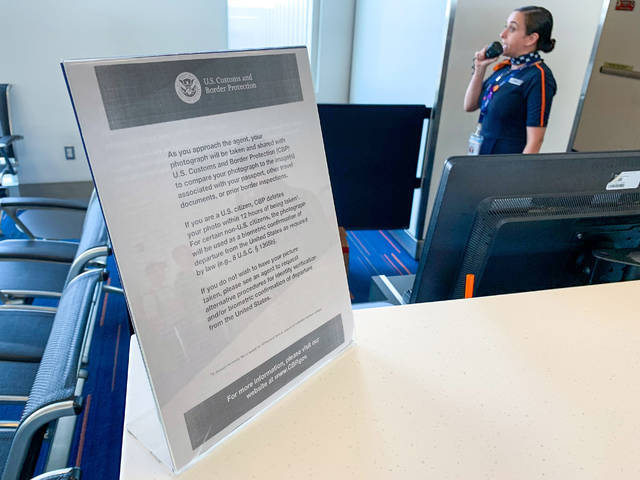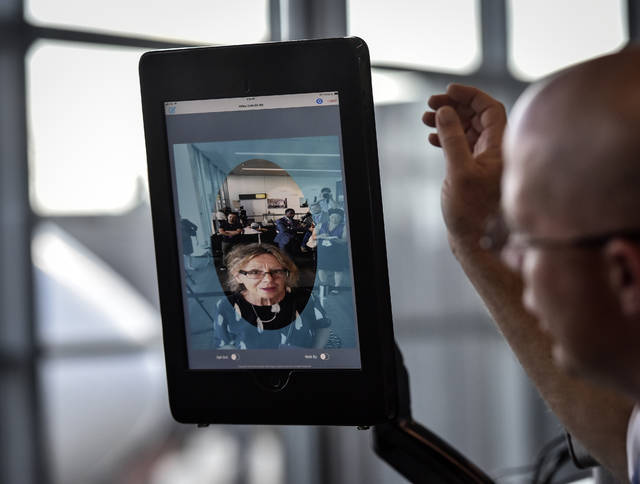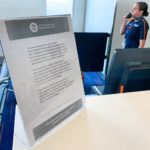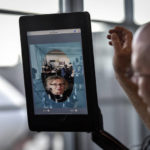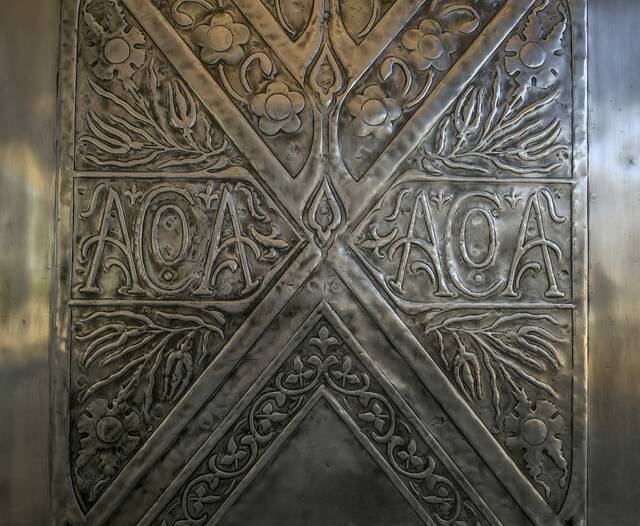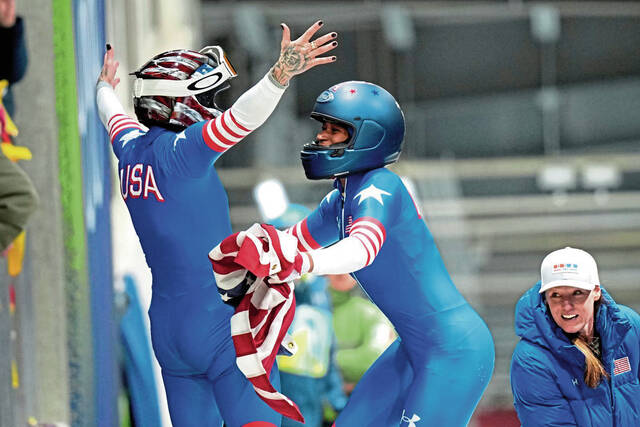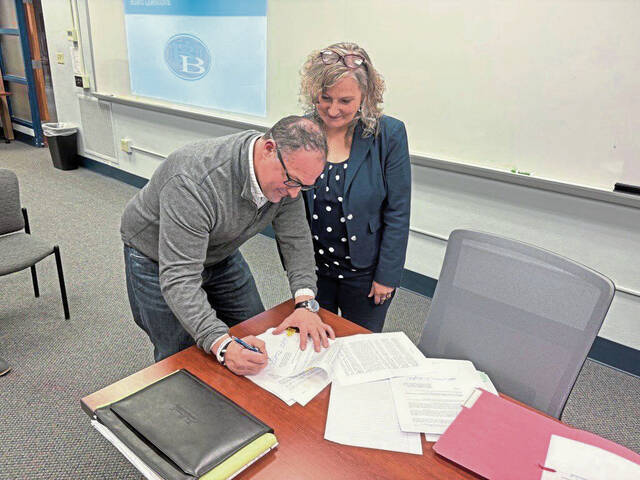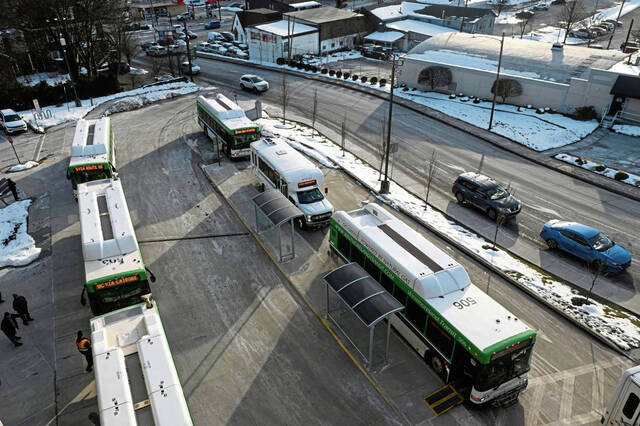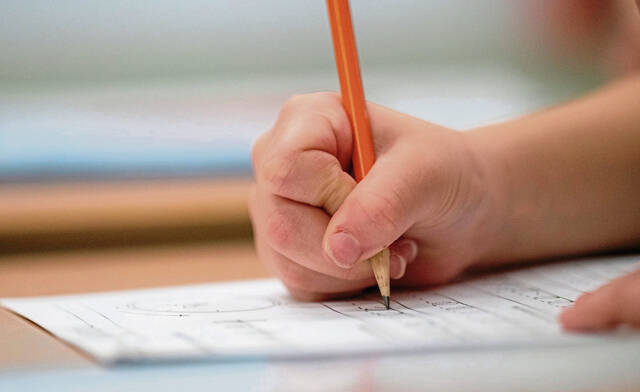You may have gotten accustomed to using your face as your password with your iPhone. Then maybe you got used to using it via your phone to buy your lunch, pay for an online purchase or just pick up a soda at the vending machine in your office breakroom.
But a Washington Post report shows more people will be using facial recognition for air travel.
JetBlue is using “e-gates” at John F. Kennedy Airport, eliminating the need to fumble with tickets and passports. Instead, a photograph is taken and compared with passport photos for the flight. If it works right, it picks you out, matches you with your ticket and you move on without problems.
Delta does the same in an international terminal at its Atlanta hub. Both airlines fly in and out of Pittsburgh International Airport, making it likely that Southwestern Pennsylvanians will be among those whose pictures have been captured.
Maybe that’s fine with them. People not only opt into it with Apple, but eagerly waited in line for the newest models that offered facial recognition as a security and convenience improvement over passwords and fingerprints. Some pay Clear a fee every year to use that company’s eye and finger scans for expedited service at airports as well as stadiums and car rental agencies.
Others may feel differently. When full-body scanners were introduced in airports, some called them an invasion of privacy. When Disney introduced biometric scanning of fingers for ticketing in the late 1990s, there were howls about Big Brother-like overreach.
You might not be concerned with the phone in your pocket identifying you, but what happens with that airport picture? For U.S. citizens, they are supposed to disappear after 12 hours, and the airlines say they don’t keep them at all.
But aside from safety and efficiency, there could be an element of immigration involved. The Post says the checks could catch if the person flying out is really the person who held a visa, and therefore know if someone was overstaying their welcome.
That could be a good thing. At the height of the government shutdown over border wall funding, NPR reported that while 38% of undocumented individuals had crossed a border illegally, 62% came with a legal visa and didn’t leave.
That aspect might lead to problems though. Studies show facial recognition is less successful with women and people of color.
There are still a lot of questions that haven’t been answered, but domestic travel uses are likely next. And if your face is your password, is that something you just want to give away?
We have to face facts: This technology isn’t going anywhere. We just have to keep an eye on how it’s being used.


